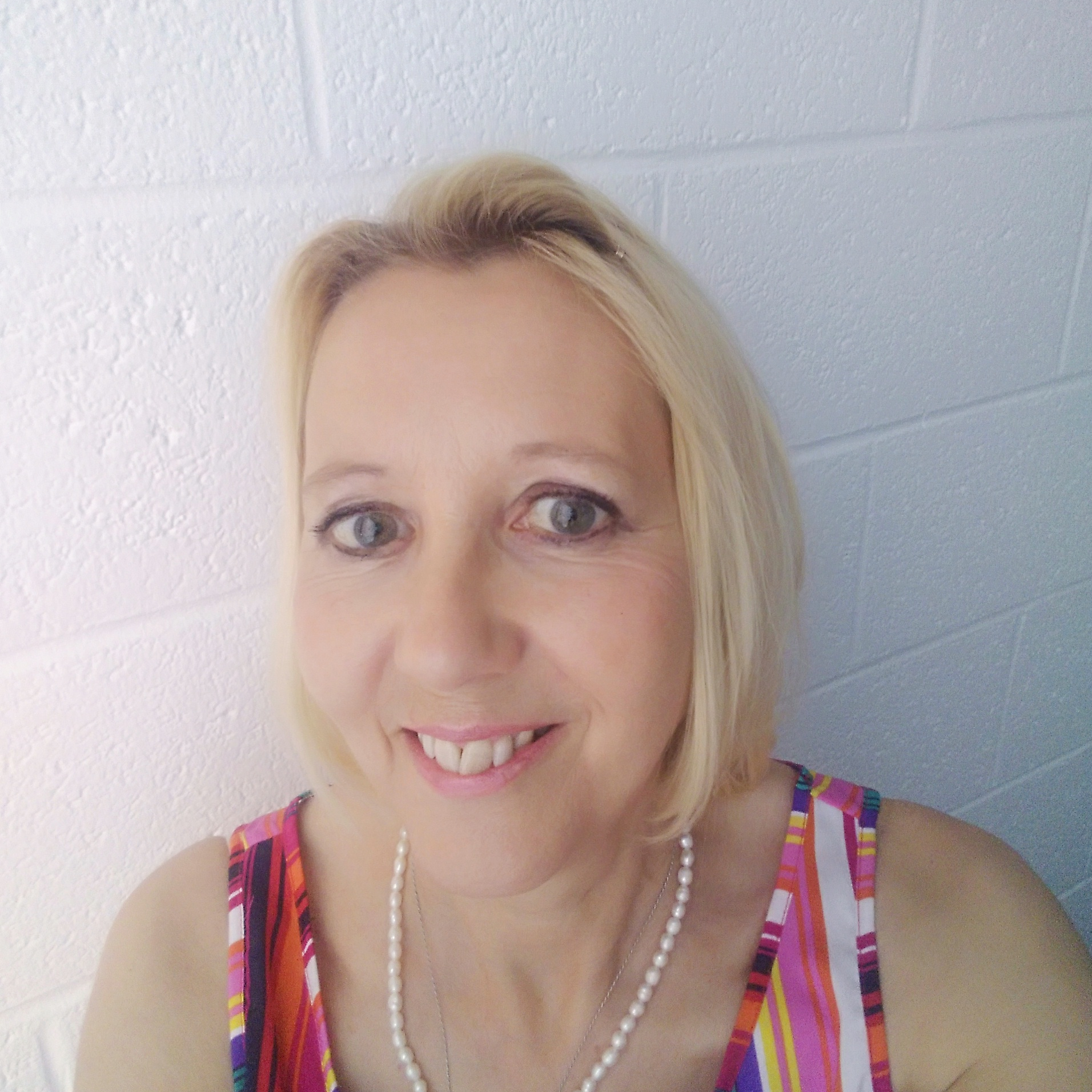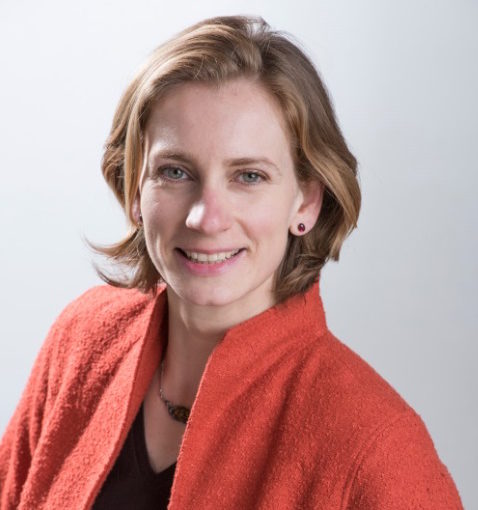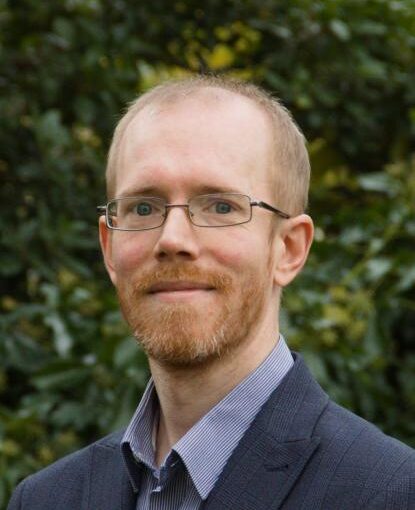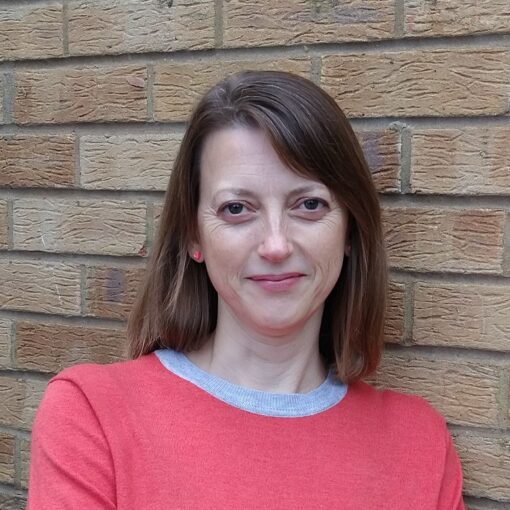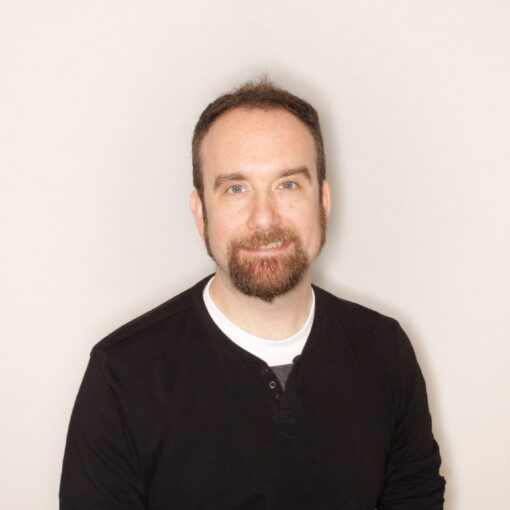PhD in Nanoscale Physics, University of Leeds (2015)
| Projects Manager | |
|---|---|
| Surgical MedTech Cooperative | |
Year entered into a non-academic position: 1989 and 2015
Job highlight: Using business and research skills to help to advance medical technology development for patient benefit.
My research training set me up to… use my research skills to find the best-tailored solution for each technology project. Each has a different trajectory, so there are no established methods to follow. My research training also gives me a credible presence when working with senior clinical and business people.
What’s your background?
From being 8 years old I wanted to be a scientist. At 12 years old I had a “lab” in an old chicken shed in my back garden where I experimented with the ingredients of gunpowder, courtesy of an uncle who worked in an industrial laboratory! Fortunately, I never got the ingredients dry enough to do any damage and I followed an academic path through to obtaining a first degree in chemistry in 1977.
Why did you move away from academia?
Following my degree, I took an industry-funded PhD place in medicinal chemistry and all was going to plan. I struggled with the lab research, I felt I wasn’t clever enough and the work was very smelly (ever used dimethyl sulfide?), so I took the easier option – to have a family. Little did I know!
At that time, having a family and a career was not encouraged. Whilst looking after my family I did some unscientific quantitative research in the national papers and found that both IT and accountancy showed regular vacancies in the job pages. I studied at home for a chartered accountancy qualification and got my first job before the days of computers, adding up columns of figures for an audit firm. It was incredibly dull, so I moved into finance in electronics manufacturing, eventually being promoted to deputy finance director. I did lots of project work and travelled to Sweden on a regular basis. Much more interesting!
It had taken me a lot of years and a very roundabout route, but I finally got my PhD just before my 60th birthday.
Is there anything you missed about academia?
Yes, I missed everything about academia. So, eventually I took a year out to complete a masters in medical science and then applied to do a PhD on a photosynthesis project that incorporated polymer chemistry and membrane biophysics. It had taken me a lot of years and a very roundabout route, but I finally got my PhD just before my 60th birthday.
How did you get this job? Did you think you had the skills required for your current position before you started? Were you right?
Having found my way back to academia, I didn’t want to leave, but recognized that I had lots of work skills to offer, so I badged myself as a project manager with both business and research skills and was taken up by the medtech research infrastructure to work with businesses, academics and clinicians to develop new surgical technology. It seemed that my career choices finally made sense.
How did your PhD prepare you for your current job? For example, what were the transferable skills that you developed during your PhD that are most relevant to your current job?
It was clearly a combination of the scientific research processes along with a lot of experience of the business world that worked. There is still a lot to learn in the job, as medtech is a relatively new strand of medical research, so that holds my interest.
Did you have any preconceptions about your sector that proved to be wrong?
Yes, thinking that introducing new technologies into the NHS would be a speedy process!
My take-home message to anyone is always to be realistic and recognise who and what you are and to follow that.
Can you describe a typical week in your job?
There isn’t one, which is why I am here. One week I can be planning a trip to Monaco to look at early trials of a new cancer cell detection system and the next week I will be working with operating theatre clinicians in testing an artificial intelligence safety system. There is a lot of effort needed to learn the regulations around medical device testing, spotting potential funding sources, helping people to apply for funding and helping to decide how to test the devices to generate good evidence that they work effectively.
Do you have any advice for current graduate students and postdocs considering a career outside of academia?
My take-home message to anyone is always to be realistic and recognise who and what you are and to follow that. I have three strands to my brain – science, business and music performance. I am not academically gifted nor have I reached the top in my career, but my brain needs to be challenged constantly and that has given me some really interesting opportunities.
I have the benefit of looking back over a long career which has been very rewarding financially and in the level of interesting work I have done. In addition to the jobs stated above, I have worked as a lecturer in the NHS – in care pathway design and slightly off-piste – as a sound engineer looking after concerts, in my spare time. I haven’t made it to the top of anything, but as Morgan Freeman said “do what you are. You are not what you do”. I’ll leave you with that thought.

